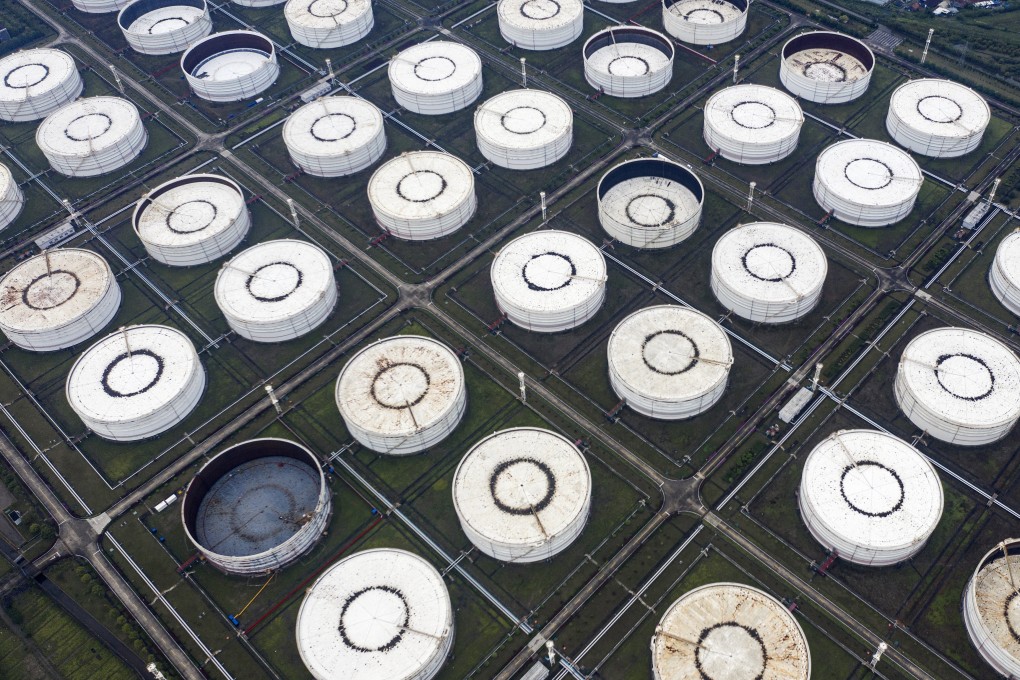Advertisement
China’s crude oil imports from Russia, Saudi Arabia rise, but zero-Covid chokes overall demand
- China’s demand for imported fuel has been subdued as the economy slows and Beijing clings to its zero-Covid policy
- But imports of Russian oil have remained strong, climbing 27.8 per cent in August from the same period a year ago
Reading Time:2 minutes
Why you can trust SCMP
1

China’s imports of crude oil from its biggest suppliers, including Russia, climbed in August, despite subdued demand overall due to Beijing’s hardline zero-Covid policy.
Chinese imports of Russian oil – via both sea cargo and pipelines – rose 16.75 per cent from July, reaching 8.34 million tonnes last month, a jump of 27.8 per cent from the same period a year ago, the latest breakdown of data from Chinese customs showed.
The value of Russian crude imports also increased by 55 per cent in August from a year earlier.
Advertisement
Oil imports from Saudi Arabia recovered last month to reach 8.48 million tonnes, a rise of 5 per cent from the same time last year.
China is careful about making sure that it doesn’t become too dependent on Russia
The Middle Eastern country has long been China’s biggest crude supplier, but its monthly flows were surpassed by Russia between May and July.
Advertisement
Advertisement
Select Voice
Choose your listening speed
Get through articles 2x faster
1.25x
250 WPM
Slow
Average
Fast
1.25x